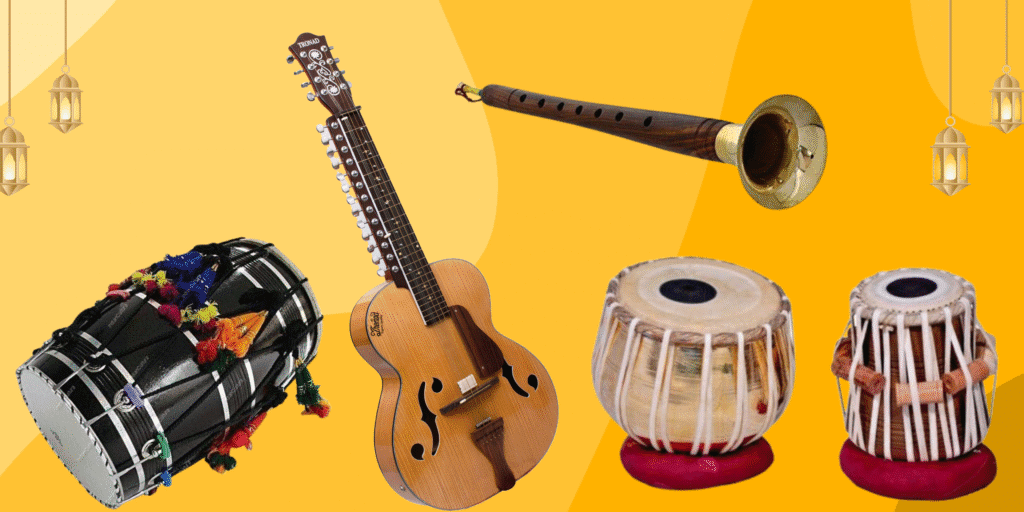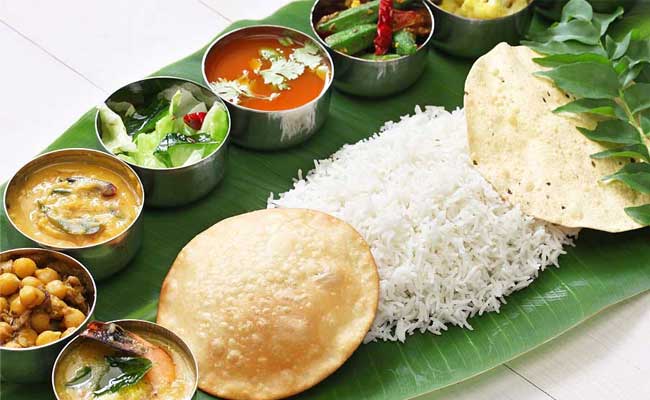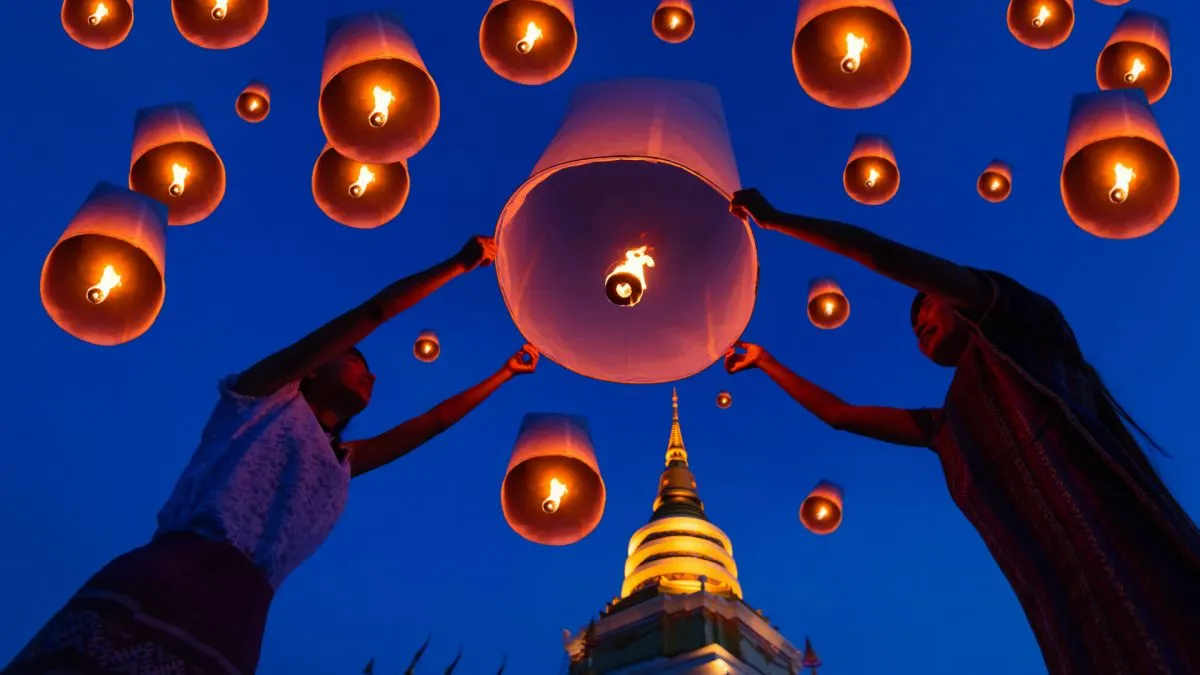Indian folk music is one of the most diverse and ancient forms of musical expression in the world. Rooted in traditions, culture, and the daily lives of common people, folk music reflects the social, historical, and cultural identity of India. Unlike classical music, which follows strict rules, folk music is simple, spontaneous, and emotionally expressive. It is performed during festivals, weddings, harvest seasons, and community gatherings, making it a vital part of India’s cultural fabric.
The Diversity of Indian Folk Music
India is a land of vast cultural diversity, and each region has its own distinctive folk music style. From the deserts of Rajasthan to the green valleys of Assam, folk music varies in language, instruments, themes, and performance styles. Some famous regional folk music forms include:
- Bihu (Assam): Energetic and celebratory, performed during the Bihu festival.
- Baul (Bengal): Mystical songs of wandering minstrels that blend spirituality and love.
- Lavani (Maharashtra): Rhythmic and powerful, often performed with dance.
- Rajasthani Folk: Known for soulful tunes like Manganiyar and Langas songs.
- Pandavani (Chhattisgarh): Narratives from the Mahabharata sung with storytelling.
- Naatupura Paatu (Tamil Nadu): Traditional rural songs reflecting farmers’ lives.
Each form carries the emotions, beliefs, and traditions of the community it originates from.
Instruments Used in Indian Folk Music

The charm of Indian folk music lies in its use of unique, indigenous instruments. These instruments are often handmade and produce raw, earthy sounds. Common instruments include:
- Dhol and Dholak: Popular in Punjab, Rajasthan, and Uttar Pradesh.
- Ektara: A single-string instrument, often used by Baul singers.
- Shehnai and Algoza: Traditional wind instruments used in weddings and festivals.
- Sarangi and Kamaicha: String instruments from Rajasthan, known for soulful tones.
- Damru and Duggi: Percussion instruments used in tribal and devotional music.
The combination of vocals with these instruments gives folk music its unique identity.
Themes and Storytelling in Folk Songs
Folk music is not just entertainment; it is storytelling through rhythm and melody. The themes usually revolve around:
- Love and Relationships: Expressing emotions of union and separation.
- Festivals and Harvest: Celebrating nature’s bounty and seasonal changes.
- Spirituality and Devotion: Songs dedicated to gods, goddesses, and saints.
- Social Messages: Highlighting values, traditions, and sometimes even protest.
- Heroic Tales: Narratives of warriors, kings, and local legends.
Through these songs, generations pass down wisdom, culture, and traditions.
Role of Folk Music in Festivals and Celebrations
Folk music plays a central role in Indian festivals and community gatherings. Whether it is Bhangra in Punjab, Garba in Gujarat, or Tamasha in Maharashtra, folk songs bring people together in celebration. Weddings, harvest festivals, and religious fairs are incomplete without traditional folk performances. This makes folk music a living tradition that continues to evolve with time.
Folk Music in Modern Times
With globalization and modernization, folk music has faced challenges, but it has also gained new recognition. Many folk artists are now collaborating with contemporary musicians to create fusion music. Bollywood has also popularized folk elements by including them in songs and film soundtracks. Platforms like YouTube and Spotify have given folk singers a global audience, ensuring that these traditions are preserved and promoted.
Indian folk music is not just about melodies; it is about culture, tradition, and the heartbeat of rural life. It tells stories of love, struggle, devotion, and joy, carrying the essence of India’s heritage. In modern times, folk music continues to inspire and influence contemporary music while keeping the rich traditions alive. By celebrating and supporting folk musicians, we can ensure that this soulful treasure remains an integral part of India’s cultural identity.
Indian Classical Music Instruments
Read Also: Laravel Framework Web Development
![]()





